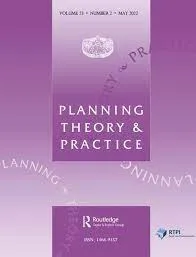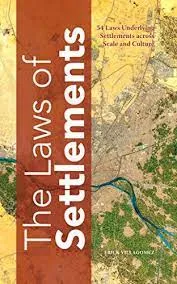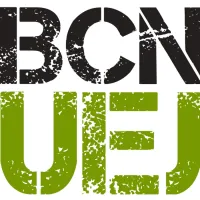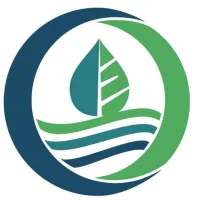Change for the better
begins with connecting:
knowledge and action;
planning and partnership.
In everything we do, we work to:
Build partnerships with researchers, other disciplines policy-makers and professions, and the communities our insights impact;
Improve the well-being of communities
Innovate and challenge conventions

SCARP Assistant Professor Dr. Julia Harten publishes:
"Lessons from the first round of mandatory housing needs reporting in British Columbia, Canada"

SCARP Assistant Professor Dr. Maggie Low publishes:
"Is municipal planning responsive to urban Indigenous housing needs?"

SCARP Associate Professor Dr. James Connolly publishes:
"The implications of climate gentrification for urban climate action"

SCARP Assistant Professor Holly Caggiano publishes:
“Carbon Removal for a Just Transition”

Heather Campbell
Planning Theory and Practice
SCARP Director Campbell serves as Senior Editor to this forum at the interface between academic and practitioner, promoting an international lens on policy. It is said to rank as one of the top 5 English language planning journals in the world.
Erick Villagomez
Spacing Vancouver
Erick Villagomez is the Editor-in-Chief at Spacing Vancouver, the Vancouver branch of a magazine that describes the joys, obstacles, and politics of Canada’s big cities and thinks critically about how to shape public spaces.

Erick Villagomez
The Laws of Settlements
Erick Villagomez’s book The Laws of Settlements describes the principles underlying human settlements.












